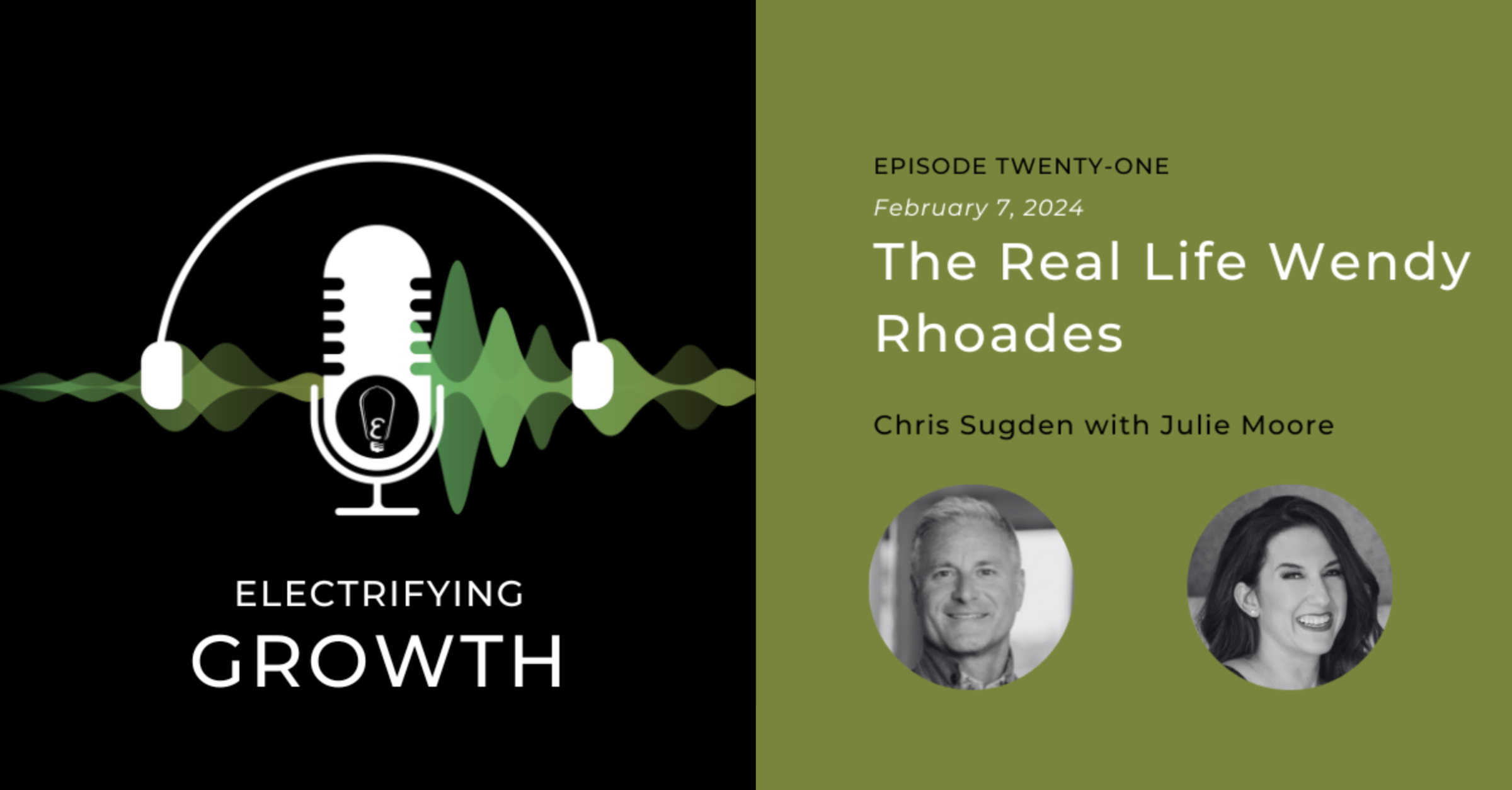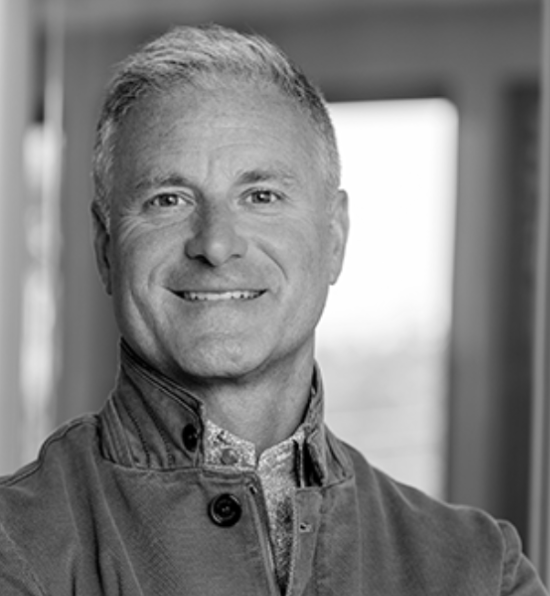“What I love about team coaching, team effectiveness, team workshops, is I'm working with the very system, and I can see how the individual parts play, but we can make greater change and greater impact because you've got all the parts in front of you and see how they interrelate." - Julie Moore
Julie Moore is the Director of YSC Consulting, a leadership strategy firm that is now part of Accenture. YSC has partnered with 45% of the FTSE 100 and works with private equity firms all over the world. As an executive coach, Julie’s role is much like a family therapist for executive teams, helping companies add the value of more effective leadership among their C-suite and senior executives.
Episode 21 explores Julie's journey to scaling businesses and her personal growth. If you're not familiar with my title, Wendy Rhoades character is the psychiatrist and in-house high-performance coach at fictional hedge fund Axe Capital, central to the show Billions' plot. Julie is, in fact, a fan of the show so she laughed at the comment, saying "For anyone listening who that reference was lost on, book your next two weekends to catch up on Billions because it's worth the watch!"
The Importance of Questioning Success
There isn't one linear path to success. Leaders need to critically evaluate the formula that led to their current success, as what worked in the past may not suffice for future challenges. Julie’s spoken insights are particularly relevant to founder CEOs, stating, "They hold tightly to what got them to this moment. A lot of times, [I advise] loosening the reins." Clinging to tried-and-true methods can hinder evolution and growth. Julie advises being "willing to question the success formula that got you here."
Building Trust and Establishing Safety
In what ways can you establish trust and psychological safety with your leadership team? Julie outlines a 'rule of three' for maintaining transparency in complex stakeholder environments.
#1. "If you tell me something that I actually think I should share with the PE firm or with your CEO or with your CFO, I'm going to tell you that I'd like to share it."
#2. "I'll share it."
#3. "I'll tell you that I've shared it."
The ability to combine deep compassion with courage enables Julie to navigate delicate team dynamics efficiently and effectively.
The Balance of Art and Science in Coaching
Julie describes how her approach marries the qualitative with the quantitative and utilizes data to enhance coaching engagements. "We look at measures of team effectiveness to show a before and after in the field; we call them 'interventions'." The term 'intervention' sounds clinical, but it provides a before and after. By leveraging individual assessments, team metrics, and ROI evaluations, Julie bridges the gap between art and science, providing a compelling argument for an evidence-based approach to coaching and leadership development.
Self-Care and Personal Development for Coaches
Julie explains her own use of a coach, meditation, and outdoor activities—essential self-care practices that help her maintain well-being amid the pressures of guiding C-level executives. When faced with the question, "You have a life too. so you're having a tough day. Your kids did something crazy in the morning or they're sick at school, but you've got to be on your game when you're engaging, right? How do you deal with that? What is your go to?"
Julie responds, you have to take care of yourself. "A coach is only as good as the person they're coaching," says Julie.
Episode 21 is an insightful series of leadership transformations, emphasizing the balance between vulnerability and strength—a fitting theme for leaders seeking to electrify their own growth. When you’re able to question everything, you can leverage your findings to add value to your team and your business.


